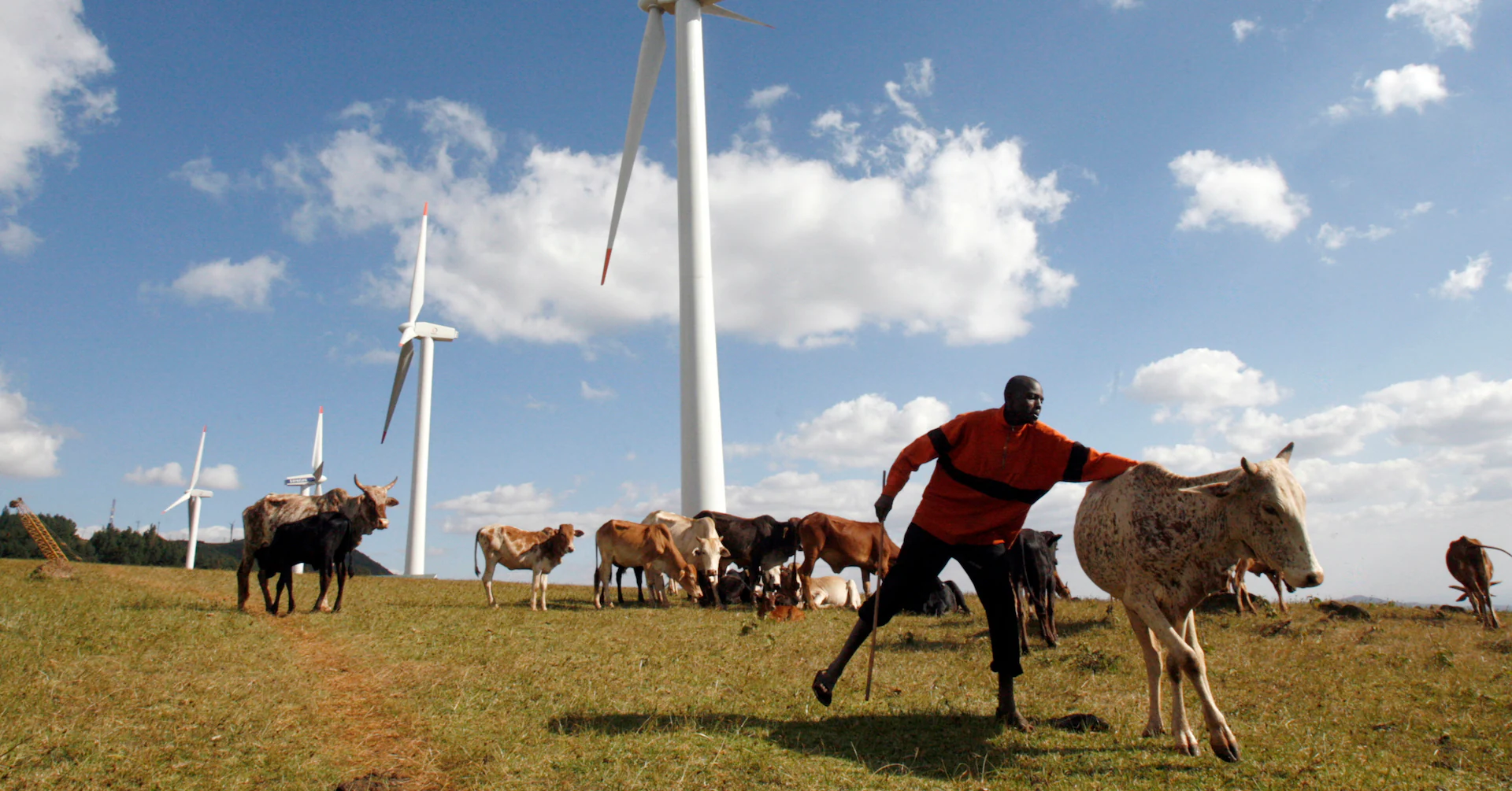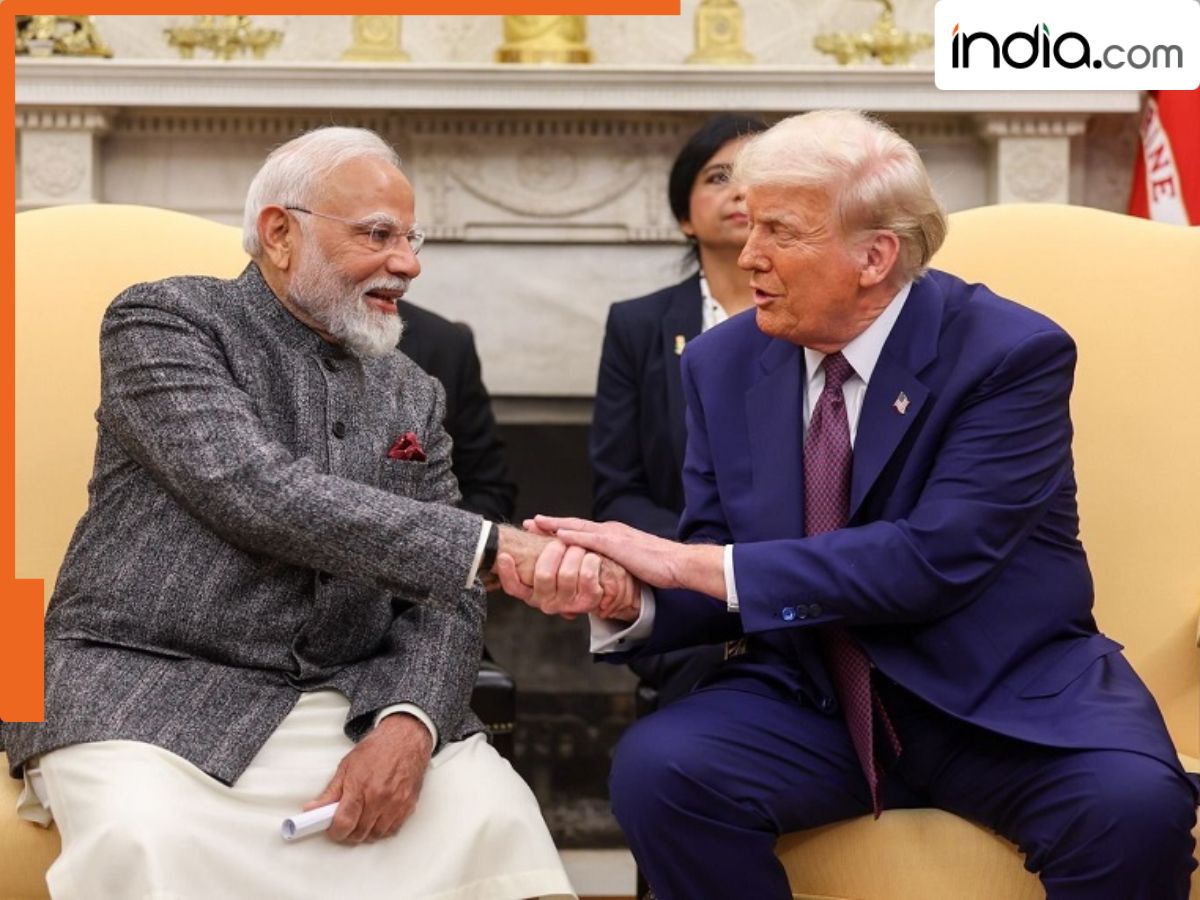
September 17 – The global story of the coming decade will not be written in boardrooms of the old energy powers, but in the cities, industrial hubs and countryside of emerging economies. A new era of growth and opportunity is rising, propelled by the convergence of clean electricity, digital innovation and manufactured technologies revolutionising how economies generate, store, transport and use electricity.
This is no longer a distant promise: it is happening now, at a pace and scale that was unthinkable even five years ago; and it is being driven not just by advanced economies but increasingly by developing ones.
Today, more than 60% of emerging and developing economies are leapfrogging the U.S. and Europe in clean electrification, according to analysis by Ember. From Kenya to Vietnam; Morocco to Brazil, the adoption of solar, wind and battery storage is outpacing not only fossil fuels, but also the business-as-usual strategies of many rich economies. In 2024, 87% of power generation investment in emerging economies and China flowed into clean energy.
The result? Global fossil demand is on a plateau as one country after another reaches a peak and then begins the long decline.
In the first half of 2025, the growth of solar and wind and the electrification of light industry and transport meant that fossil-fuel demand started to decline in China. China is the pivot nation in the global system, and three-quarters of global fossil demand is now in nations that have seen a peak.
Three forces are converging to power this transformation.
Physics: The fossil age was always wasteful: two-thirds of the energy in coal, oil or gas is lost to heat or inefficiency. Electro-based technologies flip the equation: solar, electric motors, and heat pumps are two to four times as efficient. We can deliver more prosperity with less energy, and at far lower cost.
Economics: Fossil fuels are commodities built on extraction: as reserves deplete, it gets more expensive to access what’s left. Electro-based technology is manufactured: the more we build, the cheaper and better it becomes. On average, costs fall by around 20% every time deployment doubles. In most of the world, solar and wind are now the lowest-cost new power. Investment is following suit – today, two-thirds of global energy capital flows into “electrotech”, while oil majors are investing more in stock buybacks than in new wells.
Geopolitics: The old energy system left three-quarters of humanity dependent on expensive, imported fuels. Electro-based technologies unlock local resources. Almost all countries have enough sun and wind to meet their energy needs many times over.
In fact, emerging and developing economies hold 70% of the world’s solar and wind resources and 50% of the critical minerals for the energy transition. Based on this potential and their higher energy needs, these countries could account for over 60% of the absolute increase in clean energy over the next 10 years.
In particular, there is a new “industrial sunbelt” developing – a swath of countries harnessing their abundant resources and policy momentum to become hubs for clean industry.
According to the latest analysis from Mission Possible Partnership and Industry Transition Accelerator, more than half of the world’s clean industrial investment pipeline, equivalent to $800 billion, is now located in this new sunbelt, covering projects in sectors such as aluminium, chemicals, cement, aviation and steel.
Yet finance remains the decisive bottleneck. Africa, with 60% of the world’s greatest solar potential, has received less than 2% of global clean energy investment over the past five years.
By 2030, clean-energy investment in emerging markets and developing countries, excluding China, (EMDEs) needs to rise sixfold, to $1.6 trillion per year. The vast majority of finance needed for the global clean energy transition must come from the private sector.
As a mechanism for governments to align public and private, national and international finance at scale behind country-led climate plans, country platforms are fast emerging as the most effective way for these countries to mobilise and coordinate this investment at scale.
This was recognised at the G20 summit in Rio de Janeiro last year, when the UK and Brazil launched the Global Clean Power Alliance Finance Mission, which aims to support new and existing country platforms.
To unlock the scale of private investment needed, we must start by defining what good looks like. That means equipping countries, particularly in the Global South, with clear, actionable best practices for energy investment planning. Through partnerships with institutions like the Green Finance Institute and the World Bank, we can develop and share practical blueprints that others can adapt and adopt.
At the same time, we must invest in strengthening country-level capabilities: building financial expertise, embedding skills within national institutions, and empowering them to craft robust clean energy investment plans that can attract and deploy capital effectively.
Crucially, we need to turn plans into pipelines. By fast-tracking support to make projects bankable, we can move from ambition to action – creating a steady, investable flow of clean energy projects that deliver real impact on the ground.
This new era of partnership and action is how the electro-based tech revolution will be financed – and how the world’s next engine of sustainable growth will be built. At COP30, leaders have the chance to accelerate this agenda so that we can power forward together, unlocking clean power, economic opportunity and climate progress for all.
Opinions expressed are those of the author. They do not reflect the views of Reuters News, which, under the Trust Principles, is committed to integrity, independence, and freedom from bias. Ethical Corporation Magazine, a part of Reuters Professional, is owned by Thomson Reuters and operates independently of Reuters News.
Christiana is a founding partner of Global Optimism, co-presenter of climate podcast, Outrage + Optimism, and co-author of The Future We Choose: The Stubborn Optimist’s Guide to the Climate Crisis. From 2010 to 2016 she was executive-secretary of the UN Framework Convention on Climate Change, leading the process that secured the landmark Paris Agreement on Climate Change.
Adair Turner chairs the Energy Transitions Commission, a global coalition of companies, NGOs and experts working to achieve a net-zero economy by 2040. He is an independent member of the House of Lords and an honorary fellow of the Royal Society, the UK academy dedicated to promoting science excellence. Lord Turner advises regularly climate and government bodies, including the COP Presidency and ministers in the EU, UK, China and Australia. He is the Chairman of insurer group Chubb Europe, chairman of UK bank Oaknorth Ltd. and on the board of AESC Japan, manufacturers of lithium-ion batteries for electric vehicles. More recently he was appointed adviser to Watershed Technologies Inc.



